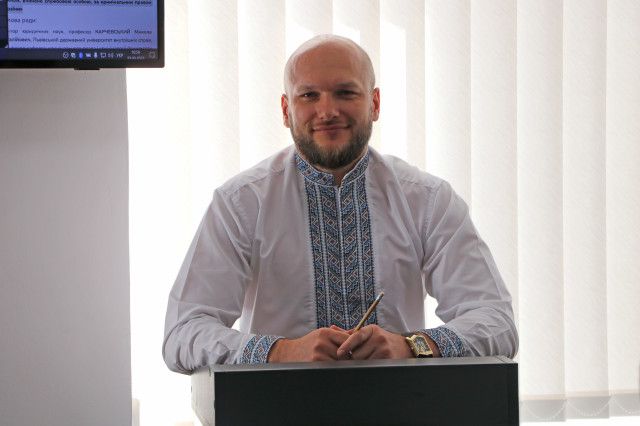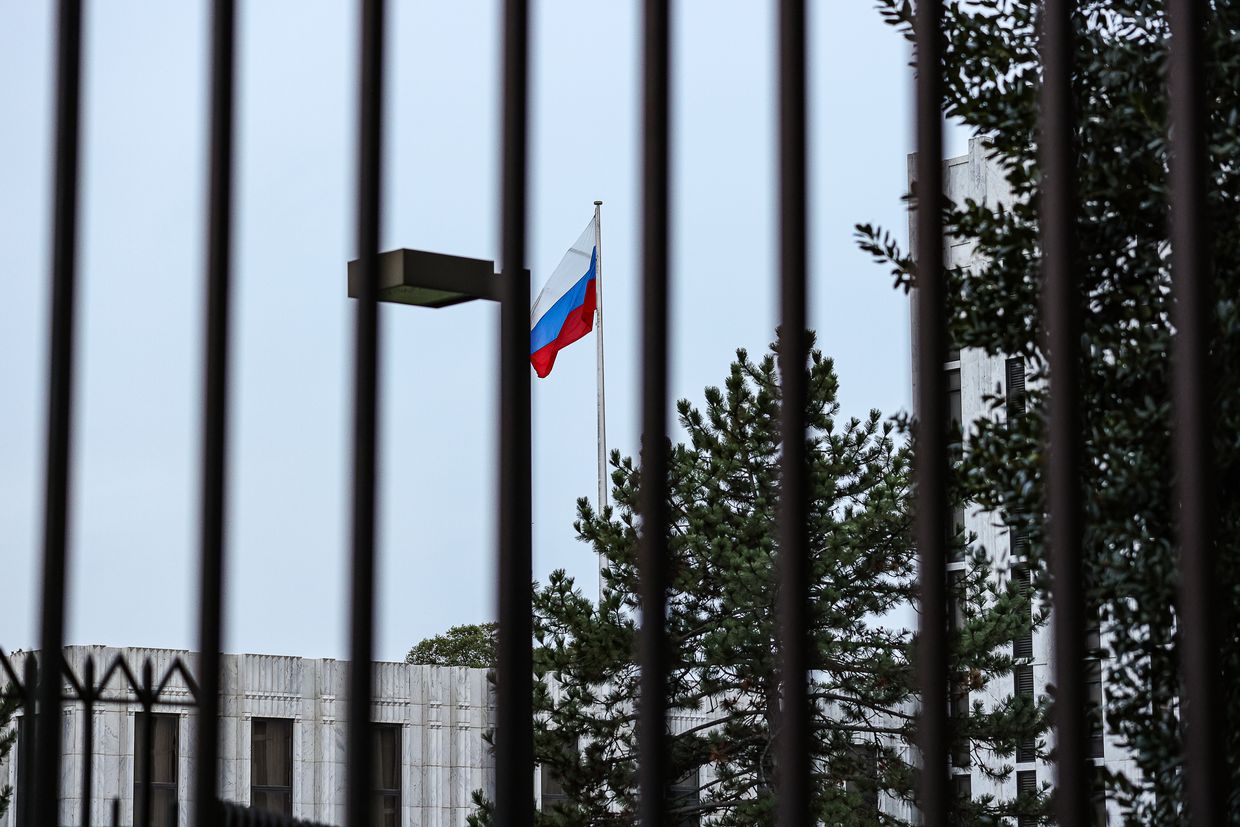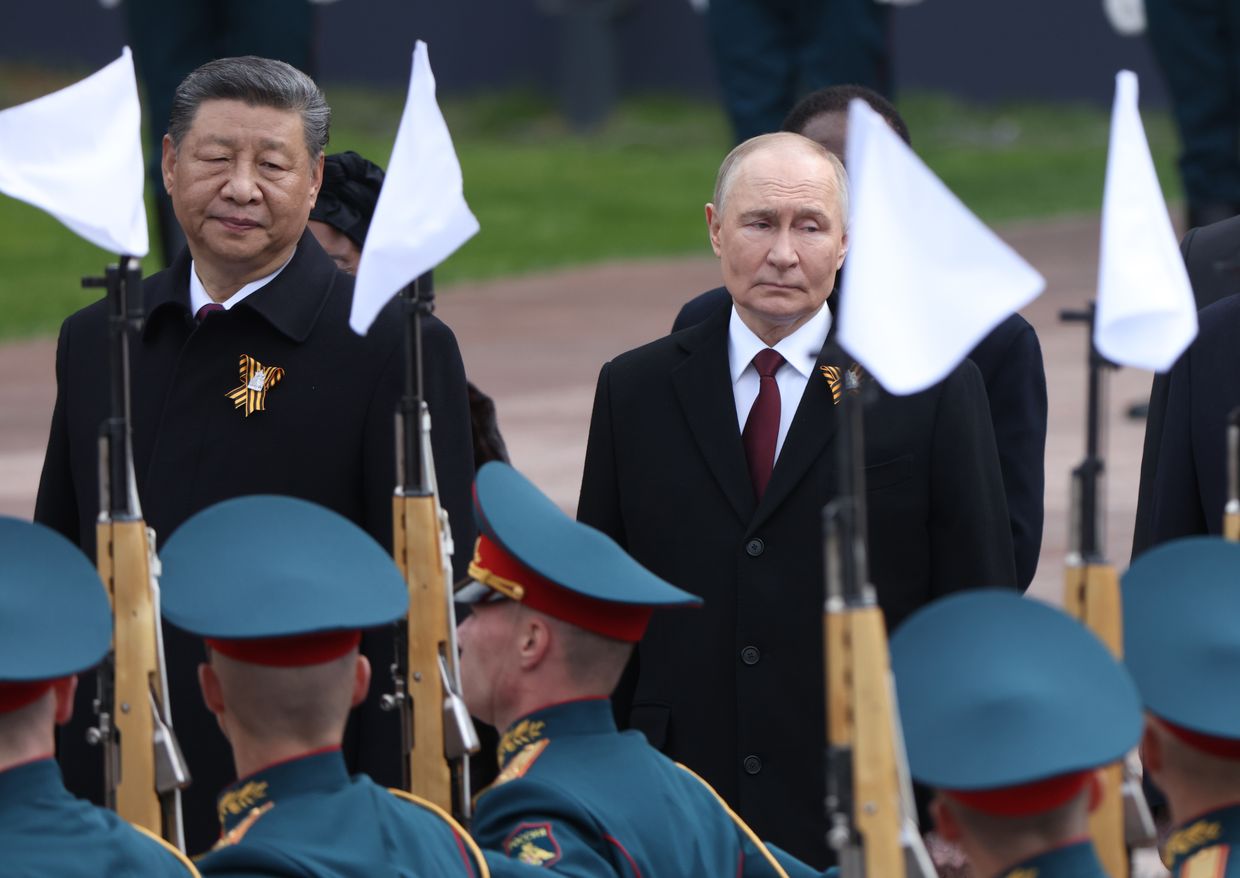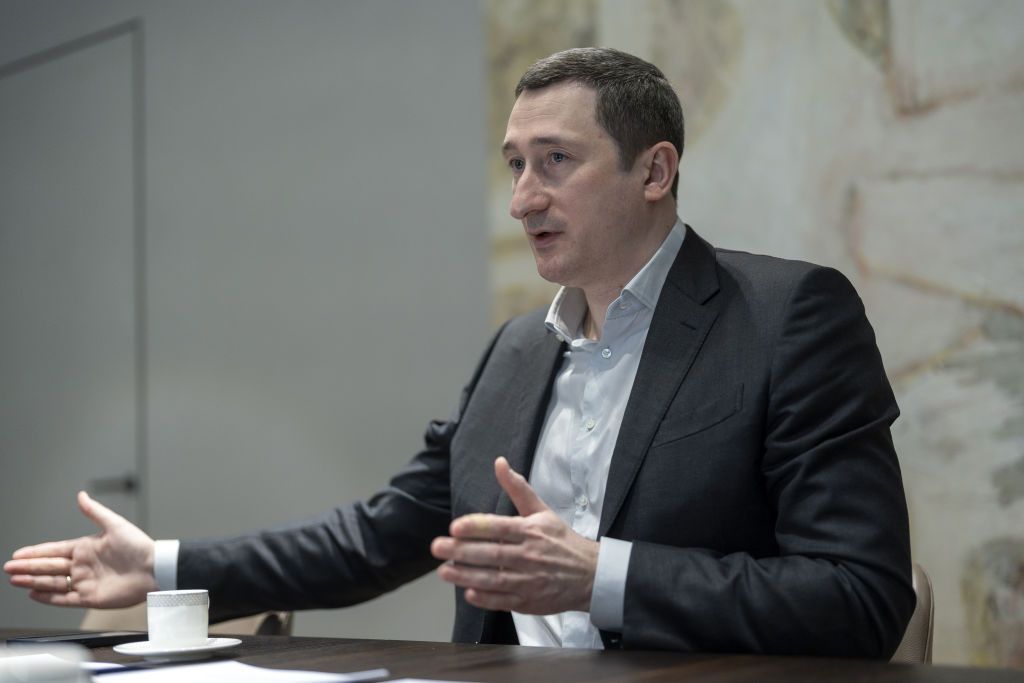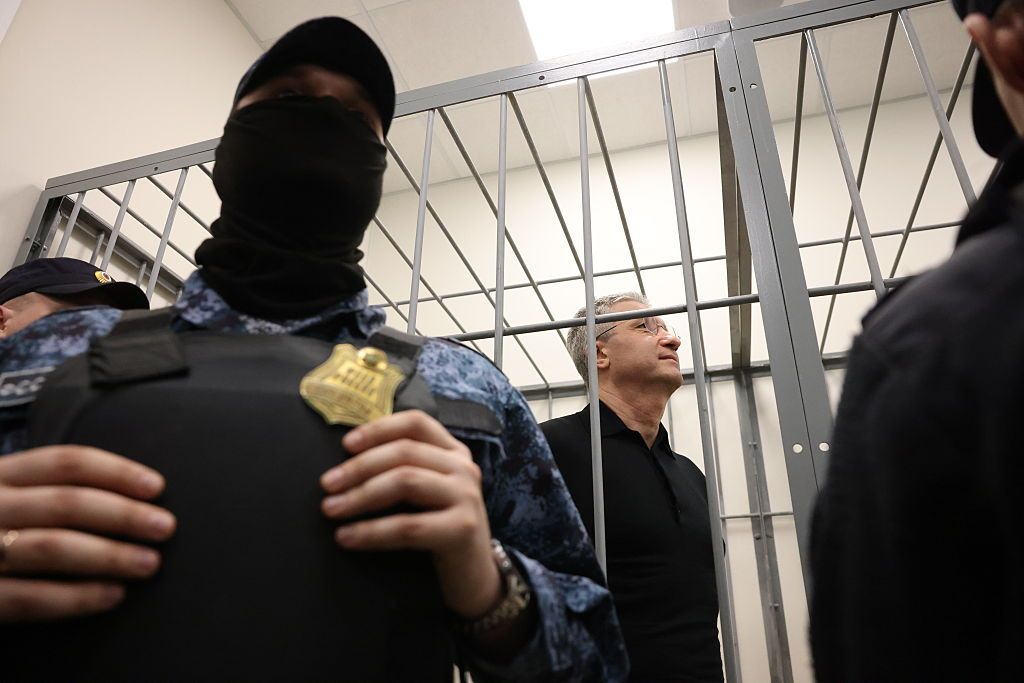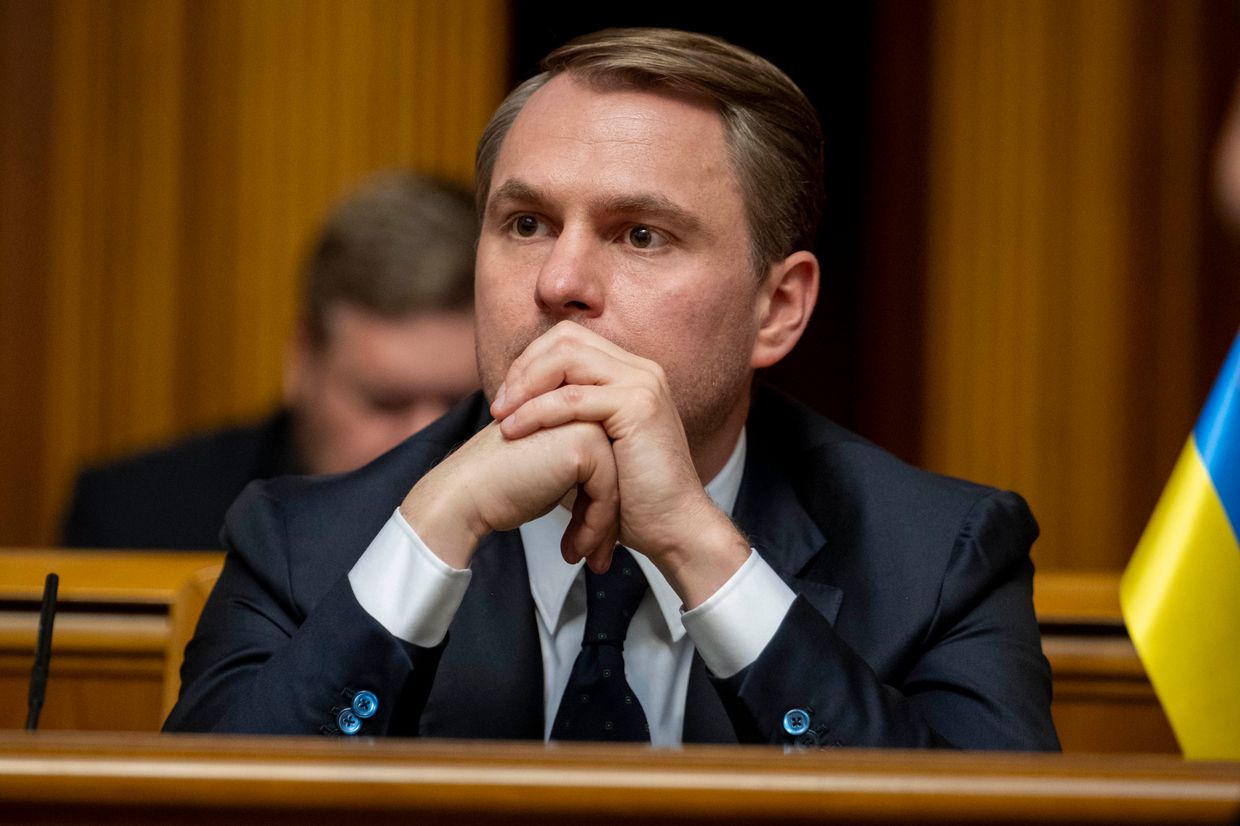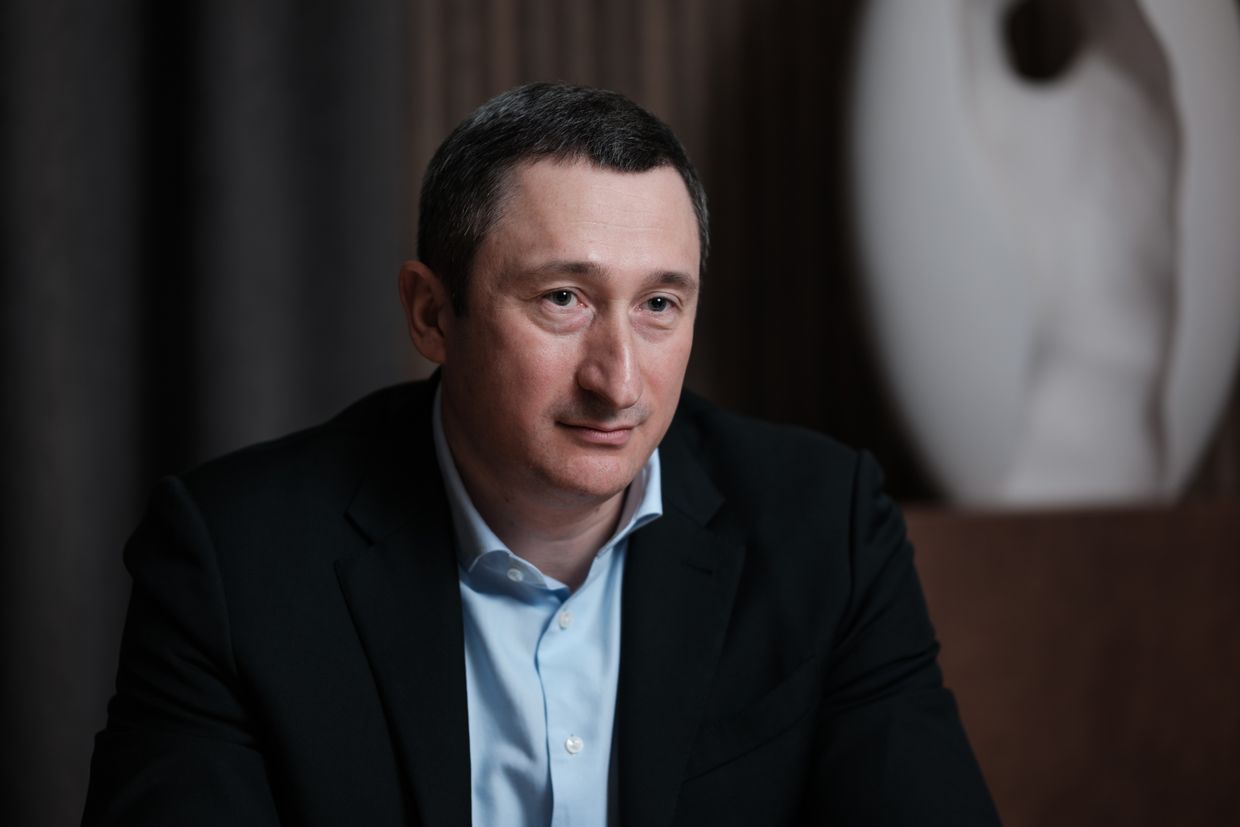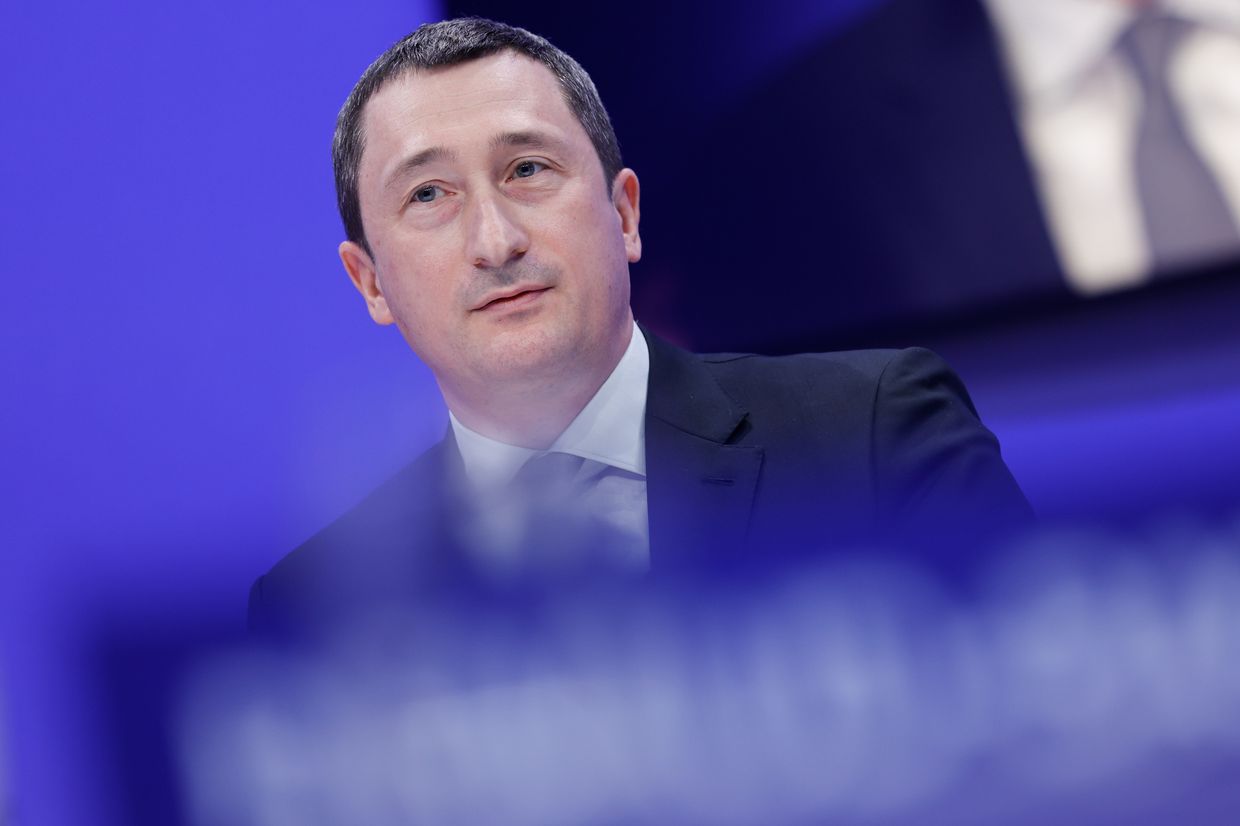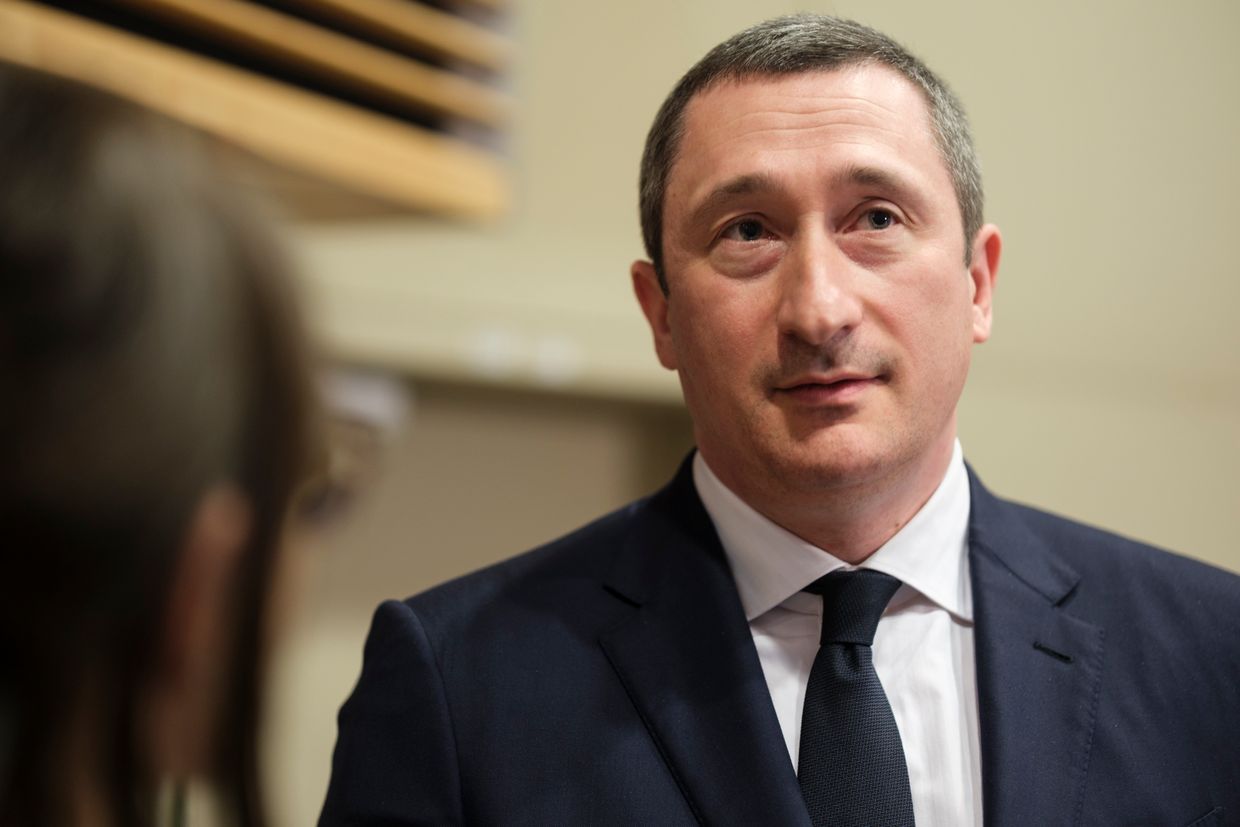Coda’s ZEG storytelling festival in Tbilisi has come to an end, and I am both overloaded with information and exhausted by drinking too much wine. My take-home message was that oligarchy is spreading ever wider, and that we need to take its threat to democracy far more seriously than anyone is doing at the moment.
I shared a stage with Ed Caesar, author and journalist from The New Yorker- magazine, who has written some great pieces on oligarchs (as well as much else), with Paul Caruana Galizia, who made this excellent podcast on Londongrad, and with Hans Gutbrod, whose piece on Georgia’s own Bidzina Ivanishvili is very much worth reading. And if you like surreal, ethereal documentaries, I highly recommend Salome Jashi’s ‘Taming the Garden’, which tackles oligarchy and its implications through the story of Georgian trees.
The joy of the festival is in the incidental meetings, of which few were more joyful for me than sitting next to Joseph Stiglitz at dinner and getting to hear his views on inequality, oligarchy, and the age of Trump. Where else would I ever get to do that?
Moral of the story: you too should find time to come to Tbilisi next year for ZEG. If you do, you can also make a side-trip to the market to stock up on one of the world’s best condiments.
SHOW US THE MONEY
Victoria Cleland, the Bank of England’s Chief Cashier, has announced that worried Brits are hoarding cash. “At a time of uncertainty, at a time of crisis people do move to cash. They want to make sure they have literally got something under the mattress,” she said at a conference in London.
This, she said, helps to explain why the value of all the banknotes in circulation keeps going up – indeed, it hit a new all-time high of 85.872 billion pounds this year – despite the fact that people use less cash all the time. The Bank of England has previously estimated that between 20 and 24 percent of banknotes at any one time are being used in transactions, and the rest are unaccounted for (or, according to Cleland, hoarded).
So, if we do the sums and we accept Cleland’s logic, we can say that around 1,000 pounds worth of banknotes is being hoarded by every single person in the UK, up from around 920 pounds last year. I have to say that, with all due respect to Cleland, I am very dubious about that figure, not least because someone is getting a double share to make up for the fact that I don’t have even a fraction of that.
The most recent survey I can find, which is from 2022, suggests I am not alone. The average Brit had just 113.82 pounds at home back then, and it’s hard to see why that total would have increased ninefold in the last three years.
This is not a UK-specific situation. The last survey conducted for the Federal Reserve shows that the average American had $373 either in their wallet or at home in 2024, down $70 from the year before. So cash hoarding in the US is going down, but the value of banknotes in circulation keeps going up – indeed, it hit a new all-time high of $2.835 trillion in the most recent data release, which is around $7,000 for every person in the United States. So either Brits and Americans alike are spectacularly under-reporting how much cash they’re keeping at home, or someone else is using all that cash for something else.
Considering that barely a week goes by without news of major money laundering gangs being busted with bags full of banknotes, I personally would like it if central bank officials put a little bit of thought into asking whether the extremely healthy demand for their products is not in fact coming from organised criminals. And if it is, whether central banks ought to do something about that.
Five years ago, the House of Commons’ Public Accounts Committee scolded the Bank of England for not caring about where its banknotes go. “The Bank needs to get a better handle on the national currency it controls,” its chair, MP Meg Hillier, said. It still does.
TRACKING ‘ENDANGERED’ MILLIONAIRES
Regular readers will know how much I admire the ability of Henley & Partners, the world’s foremost passport vendor, to turn almost any piece of news into an advertisement for buying a new passport and/or visa.
In recent times, the alarm is being sounded by changes to British tax policy which, basically, make it more expensive for very rich people to live and to die in the UK. And Henley responded in the way that it always does – “provisional estimates for 2024 are even more concerning, with a massive net outflow of 9,500 millionaires projected for this year alone,” it reported last year about the “wealth exodus”. All was not lost, however. If only the UK would scrap taxes on capital gains and inheritance and privatise its healthcare system, millionaires might be persuaded to stay.
The ‘research’ was picked up very widely, with few media outlets questioning its methodology, its publisher’s motivations, how representative its purported database of 150,000 people was of the millions of millionaires in the world, or indeed how exactly anyone knows where they’re all going. The Tax Justice Network has now delved into the report, and its findings are worth a read, not least the headline conclusion that there was no exodus. The correct policy response, it argues, would therefore not be tax cuts at all but higher taxes on wealth.
So, what should we think? Are millionaires leaving the sinking ship, or are they clinging on to help rebuild? Should we lower taxes or raise them? The obvious solution is surely to use satellite tags so millionaires can be tracked like wildebeest as they migrate from the watering holes of Chamonix to the rich, grazing pastures of Mayfair via the rutting grounds of St Barts. Only then can we know for sure if they’re being chased into extinction.
CALLING OUT MONACO
The European Union’s regularly updated “list of high-risk jurisdictions presenting strategic deficiencies in their national anti-money laundering and countering the financing of terrorism (AML/CFT) regimes” has done something worthwhile for the first time I can remember by singling out Monaco.
Normally, the list is made up of a random selection of irrelevant places and third-order tax havens. And there’s plenty of the usual on display: why anyone would worry that Côte d'Ivoire, Namibia and Nepal, for example, are supposedly big centres for financial crime, I have no idea. And normally, the list will avoid pointing a finger at any country that is closely allied or aligned with any EU member, which means the U.S. and U.K. never get singled out even though they’re clearly far more problematic than, say, Algeria.
This time, however, the list does single out Monaco. The principality is a major problem, with deep ties to deeply unsavoury people and a fast-developing financial scandal.
A version of this story was published in this week’s Oligarchy newsletter. Sign up here.
The post The cash hoarders, migrating millionaires, and Monaco mischief appeared first on Coda Story.







